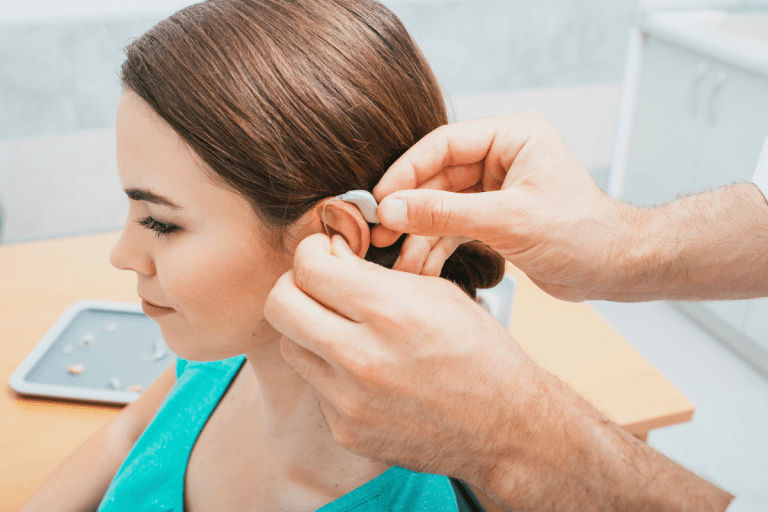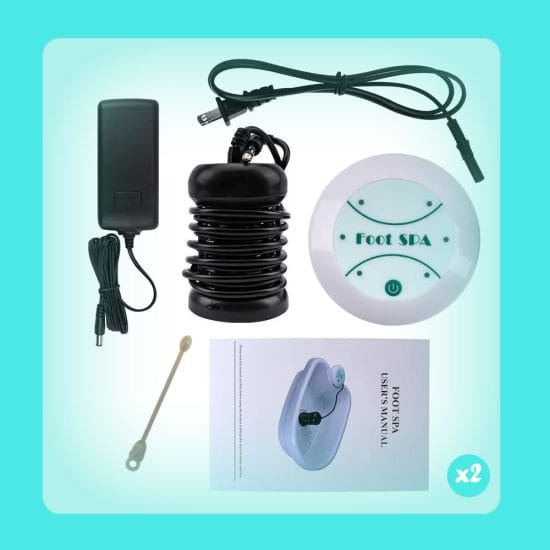7 Key Symptoms of Tinnitus: What You Should Know
Tinnitus, often described as a ringing in the ears, is a common condition that affects millions of people worldwide. While it’s not a disease itself, tinnitus is typically a symptom of underlying issues such as hearing loss, ear injury, or other medical conditions. Recognizing the symptoms is the first step in understanding and managing this condition.
Here are seven common symptoms of tinnitus and what they might indicate:

1. Persistent Ringing or Buzzing Sounds
The most well-known symptom of tinnitus is hearing sounds that aren’t present in the external environment. These can range from ringing, buzzing, or humming to hissing or roaring noises. The intensity and frequency vary from person to person and may come and go or remain constant.
2. Hearing Pulsating Sounds
Some individuals experience pulsatile tinnitus, where the sound seems to match their heartbeat. This type of tinnitus is often linked to blood flow issues or conditions affecting blood vessels near the ear.
3. Difficulty Hearing in Noisy Environments
Tinnitus can make it harder to focus on external sounds, especially in noisy or crowded places. The internal noises created by tinnitus can compete with environmental sounds, leading to frustration or miscommunication.
4. Increased Sensitivity to Sound (Hyperacusis)
Many people with tinnitus also experience hyperacusis, a heightened sensitivity to everyday sounds. This can make normal noises feel uncomfortably loud and exacerbate the distress caused by tinnitus.
5. Disrupted Sleep Patterns
Tinnitus often becomes more noticeable in quiet settings, such as at night, making it difficult to fall or stay asleep. Sleep disturbances caused by tinnitus can lead to fatigue, irritability, and reduced concentration during the day.
6. Emotional Distress
Living with tinnitus can take an emotional toll. Feelings of anxiety, stress, or depression are common, as the constant noise can interfere with relaxation and daily activities. Some individuals may also feel isolated or frustrated by their inability to escape the sounds.
7. Trouble Concentrating or Remembering
The persistent noise from tinnitus can interfere with your ability to focus, process information, or recall details. This cognitive impact may be more pronounced in individuals dealing with severe or long-term tinnitus.
When to Seek Help
While tinnitus is often temporary, persistent or worsening symptoms should not be ignored. Consult an audiologist or healthcare professional if you:
- Experience tinnitus lasting more than a week.
- Notice changes in hearing or develop hearing loss.
- Experience pulsatile tinnitus or tinnitus in one ear only.
- Feel that tinnitus significantly impacts your quality of life.
Tinnitus symptoms can range from mildly annoying to deeply disruptive, but help is available. By identifying the symptoms and seeking early intervention, you can explore treatment options and coping strategies to manage the condition effectively.
Don’t let tinnitus take over your life—take steps today to address it and regain control of your hearing health!











